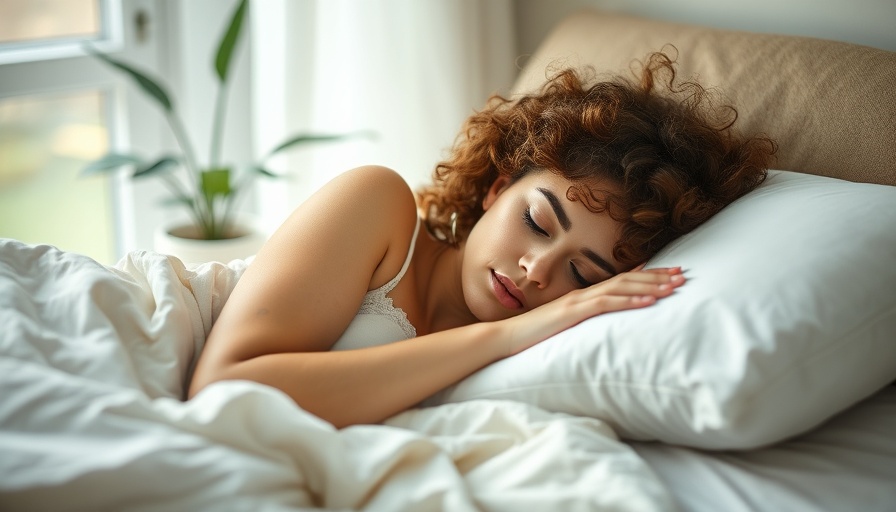
Exploring the Myths and Facts of Sleep Positions
Have you ever wondered what your sleeping position might say about your mental health? As videos cascade through platforms like TikTok, many claim that the way we sleep can reveal insights into our mental state. Yet, experts like Dr. Jennifer Martin and Dr. Shelby Harris explain that while sleep can reflect emotional states, the conclusion is not as straightforward as it seems. These specialists clarify that sleep disturbances often accompany mental health issues, but as for the supposed link between sleep positions and mental illnesses — it's mostly speculative.
The Science Behind Sleep and Mental Health Connections
The relationship between sleep and mental health is intricate. Dr. Martin emphasizes how mental health disorders often feature sleep disruption as a key symptom. For example, stress elevates cortisol, a hormone that can keep us alert when we'd rather be sleeping. This can disrupt melatonin production, making restful slumber more elusive. Addressing underlying causes of stress and promoting good sleep hygiene can usually help restore sleep quality, but the impact of the sleep position remains mostly anecdotal.
Counterarguments and Diverse Perspectives
While some enthusiasts hypothesize a deeper connection between sleep positions and mental health, experts urge caution. Emerging research, like studies in the Journal of Ambient Intelligence, explores links like sleep position and the clearance of brain proteins, yet these findings are in their infancy. The consensus among scientists is yet to be firmly established, indicating that while intriguing, these concepts require more robust research before drawing meaningful conclusions.
 Add Row
Add Row  Add
Add 




 Add Row
Add Row  Add
Add 

Write A Comment